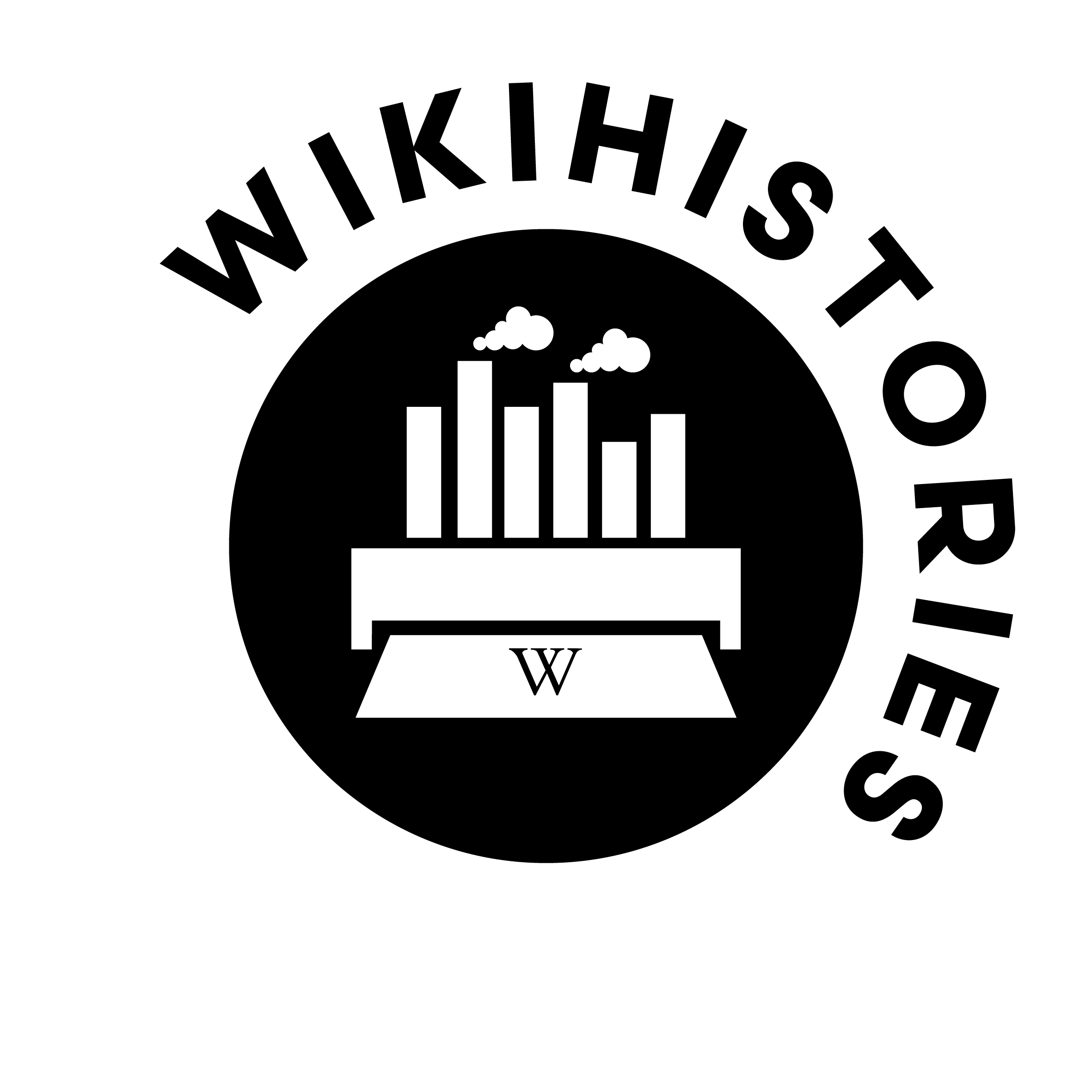Category: newsletter
-
2024 Symposium – Wikipedia and/as Data
The 2024 wikihistories symposium is drawing close – register by 5 June. This symposium will be exploring the complex position of Wikipedia as both a channel and a source for data. It will be held at the Kelvin Grove campus of QUT on 19 June and offer in depth presentations and vigorous discussions of how…
-

Critical Evaluation of Who Edits Wikipedia Entries, and Why
By Heather Ford This article appeared in Agora vol. 59 no. 1 (2024). Agora is the triannual journal of the History Teachers Association of Victoria. The evolution of a Wikipedia page about the Egyptian protests in 2011 provides a fascinating example of the need for critical thinking about knowledge produced in the digital age. In an…
-
newsletter #6
Dear friends of the wikihistories project, We’ve been silent for a while but that’s because three major outputs from the wikihistories project have been released in the past few months with the jewel in our crown, our report that explores how Australians are represented in Wikipedia, launching today. Other outputs include the “Gender and the…
-
newsletter #5
Editorial: The elusiveness of gaps This week in the wikihistories newsletter, we look at Michael Mandiberg’s analysis of Wikipedia’s race and ethnicity gap. Here, what Mandiberg initiates as an attempt to determine the percentages of underrepresentation of Indigenous and historically nondominant ethnic groups in the content and creation of Wikipedia becomes an exploration of the methodological and…
-
newsletter #4
Editorial header: Historians’ curious relationship to Wikipedia This week in the wikihistories newsletter we consider Roy Rosenzweig’s classic article, ‘Can History be Open Source?’ Wikipedia plays a strange role in history. Academic historians are theoretically the authorities on which Wikipedia historians rely, and yet the emphases and style of Wikipedia history are quite different to…
-
newsletter #3
On the 8th and 9th of June, we celebrated a major milestone in the wikihistories project: our first annual conference. Approximately 100 attendees joined the conference online over the two days, as we discussed themes of memory, history and forgetting in the world’s largest repository of historical knowledge. The book of abstracts is available at…
-
newsletter #2
Accountability and truth on Wikipedia and beyond It is rare for a peer-reviewed journal article in the humanities to have tens of thousands of views within its first weeks of publication and to catalyse involvement by Wikipedia’s Arbitration Committee. But that’s just what has happened this February when Prof. Jan Grabowski and Dr Shira Klein…
-
newsletter #1
Wikipedia’s classifications and its consequences Wikipedia continues to demonstrate its importance to social and political relations beyond the platform. This month, Elon Musk admitted that Twitter’s classification of NPR (National Public Radio) in the United States as “state-affiliated media” was drawn from Wikipedia. The relevant page is actually a category page that automatically collates articles…
